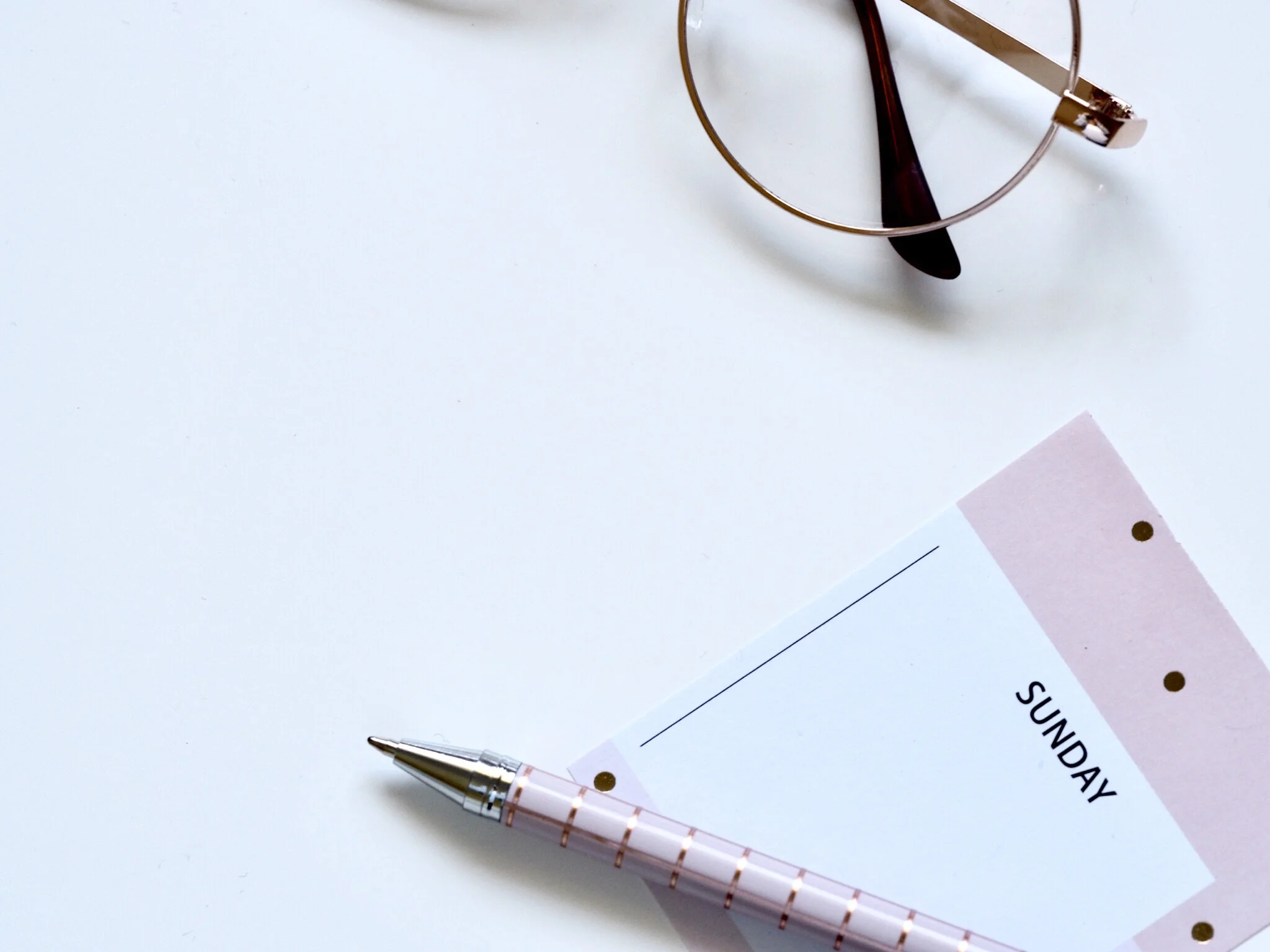Should Lawyers Have Separate Work and Personal Devices?
This is a question that comes up more often, particularly as the lines between “work” and “home” continue to blur, and as more law firms implement bring-your-own-device policies. Although this question comes up most often with cell phones, the same concerns may arise with tablets, laptops, and other technology. Can lawyers use a single cell phone (or other device) for both work and personal purposes? Should they?
I do not believe there is a bright line here. There are, of course, pros and cons with each approach.
Relying on a single device for all of your communications (work, family, medical, spam, plus a few games and sports apps thrown in) means you only have to pay for one phone and one phone plan. You don’t have to carry around, keep track of, or remember to back up or update two phones. Your family can easily reach you whether or not you have the “right phone” with you (as can your clients).
If you have a work phone that you only use for work, your firm has (hopefully) already implemented security measures to keep your data safe and backed up. You won’t have to separate work messages from personal ones in the event you need to produce electronically stored information in response to a subpoena, disciplinary case, or malpractice claim. And, depending on your firm culture, you can leave it at your desk or chuck it in a Faraday cage for awhile and have some semblance of work-life balance while still being able to reach your family and friends.
Keeping separate devices may be prudent for various reasons, but I don't think it's strictly necessary from an ethical standpoint.
One caveat from my perspective—if you use a single device (or, for that matter, multiple devices), please make sure that you are not running multiple email accounts through a single app or program. Some mail programs (including Outlook and the iPhone mail app) allow this, and while it may seem convenient, it’s easy to mess up there and send an email from the wrong address unless you are paying scrupulous attention. And you probably have a million other things to worry about; you don’t want to add “does my header say my email is coming from my law firm, my teaching gig, or my private Gmail?” I do have multiple accounts but my mail app only shows my work emails. I view my teaching gig mail through a browser and my personal mail through the provider app.
Anyhow, regardless of whether you’re using a single device or multiple devices, most workplaces, including most law firms, allow personal use of work email and other tech to some degree and I think that's fine. Even back in the 90s when I worked at a magazine, my bosses didn't care if I used my work email address and computer to book vacation tickets or update my parents on how the roof replacement was going or whatever. I do caution my clients that if they use their work email to communicate with me there may be risk to attorney-client privilege because generally there is a lessened, or no, expectation of privacy, and that’s true of lawyers using work email for personal purposes. If you don’t want that personal email to show up in your performance review, it should be sent from a personal account on a personal device.
Most lawyers I talk to about their devices only have one cell phone and one cell phone number (which they give out to their clients, their doctor, their mom, everyone), though I'm seeing more use of Google Voice and similar programs so they have separate phone numbers on the same device to give to clients, and a good way to archive text messages (which are considered part of the client file and must be turned over upon request of the client at the conclusion of representation, and may need to be produced in response to a disciplinary inquiry or malpractice claim). There are apps that allow a cell phone to be used as an extension of an enterprise phone as well, which may be another solution.
On that note, it important to make sure that any work communications through non-work channels (including text messaging on a personal phone) can be preserved . This is particularly important as more law firms move toward BYOD policies. It is also essential to make sure that if you do perform work of any kind (even just research, or writing offline) on personal devices, you have security commensurate with your client needs and risk exposure in place. (Your work-issued devices should already have that security.)






